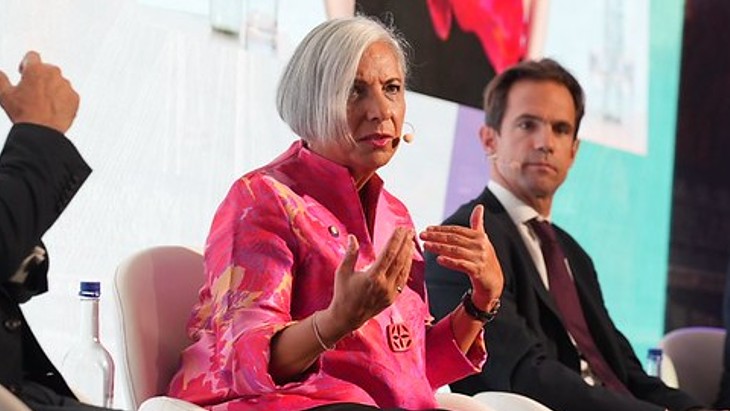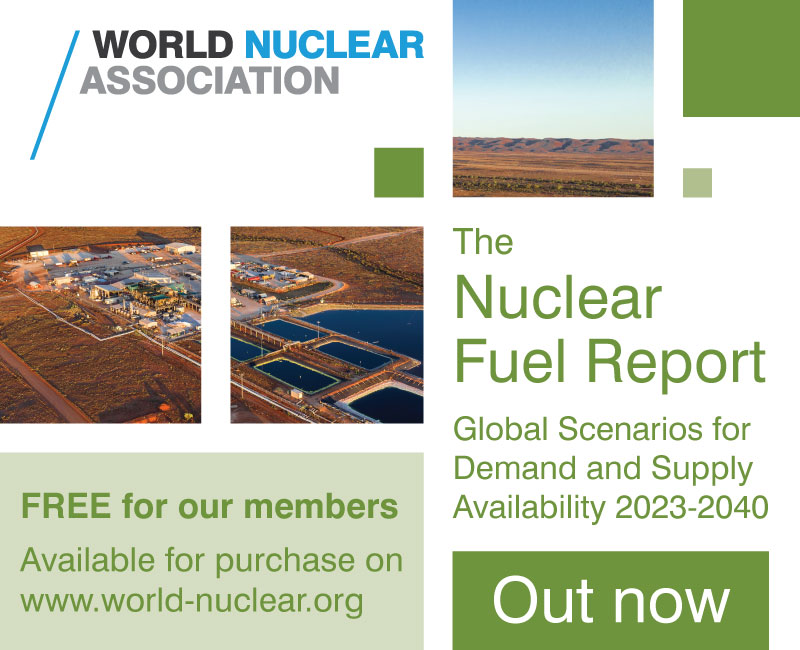Estonian parliament begins preparations for nuclear power programme
.jpg)
The draft calls for the Riigikogu to pass a "fundamental decision" on whether to allow production of nuclear energy in Estonia. According to the Riigikogu, the draft is mainly based on the analysis conducted by the Nuclear Energy Working Group in 2021-2023 which concluded that the adoption of nuclear energy in Estonia was feasible. The findings of that study were submitted to the Estonian government in March.
The 55 members of the Riigikogu who submitted the draft "support the preparations for the adoption of nuclear energy and the creation of a necessary legislative framework for it", including the drafting of the Nuclear Energy and Safety Act and supplementing the existing legislation, the establishment of nuclear regulatory institution, and the development of "sectoral competences".
According to the draft's explanatory memorandum, the adoption of nuclear power would provide a "controllable and continuous generation capacity" to balance fluctuations in renewable energy generation, help Estonia reach its climate neutrality target, ensure "stable and affordable electricity" in the long term, promote research and development, bring economic benefits and create jobs for local people. It would also bring challenges such as the training of a qualified workforce, handling and storage of used nuclear fuel, and emergency preparedness. "To address these, it is essential to ensure appropriate regulation, supervision, competence development and timely and adequate funding that would guarantee the safe and responsible use of nuclear energy when it is adopted," it states.
The draft does not grant the right to build a nuclear power plant in Estonia, the Riigikogu said.
Estonia's current domestic electricity generation is dominated by fossil fuels, but the country is seeking to reach net-zero emissions by 2050 and is looking at nuclear power as a reliable and low carbon option to diversify its energy mix by 2035 when it plans to phase out its use of domestic oil shale. A draft law which would suspend the issuance of new domestic oil shale mining permits until the end of 2025 - to allow time for climate laws to be drafted - has been announced by the Estonian government and is being sent to parliament for consideration.
An IAEA mission to Estonia reported in October that the country had developed a comprehensive assessment of its nuclear power infrastructure needs to decide whether to launch a nuclear power programme. In February 2023, Estonia's Fermi Energia announced it had selected GE Hitachi Nuclear Energy's BWRX-300 SMR for potential deployment in the Baltic country by the early 2030s.


.jpg)










